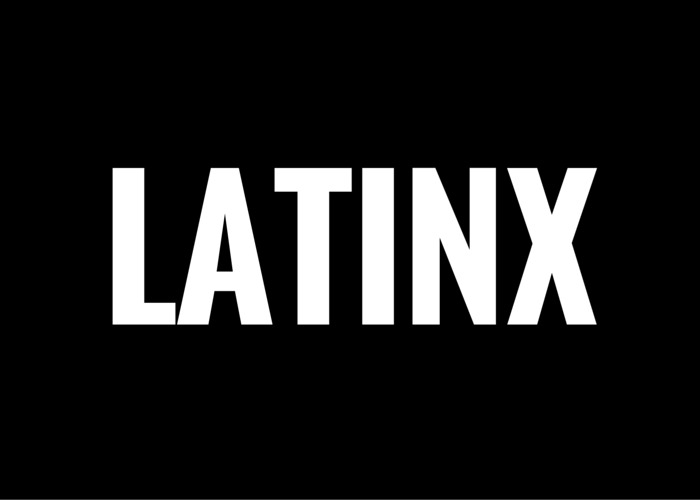
Pronounced “La-teen-ex,” Latinx is a gender-neutral term for people of Latin American heritage. By dropping the -o or -a ending to the root word ‘Latin,’ Latinx encompasses those that do not adhere to a gender binary of male and female.
Mark Hugo Lopez, who directs Hispanic research at the Pew Research Center, finds Latinx to be “a very unique American take on identity.” Lopez added that the Pew Research Center has talked about incorporating the word into its surveys, but has not implemented its use yet. “This is another term which moves the identity conversation forward; it is not about taking away identity, but rather giving identity to more people” said Robyn Moreno, editorial director of Latina Magazine
Latinx is in usage everywhere amongst college students from University of Nevada, Las Vegas to Princeton University. Google trends search shows that there was a spike in people searching for the term around June 2016, in the aftermath of the Pulse nightclub shooting in Orlando, Florida.
Those resistant to using Latinx point out that Spanish, like other romance languages, is inherently gendered rendering the effort to neutralize Latino/a pointless, but two of the foremost authorities on the English language have favorably noted the emergence of Latinx. Merriam-Webster’s editorial team told NBC Latino in an email, “it’s a word that we’re watching for entry into the dictionary.” The Oxford English Dictionary stated that their team is tracking it for “potential inclusion in the future.”
The use of this word has caused innumerable debates over social media and on air, but whether you embrace or scorn the use of Latinx, one thing is certain, the debate is not dying any time soon.

Recent Comments